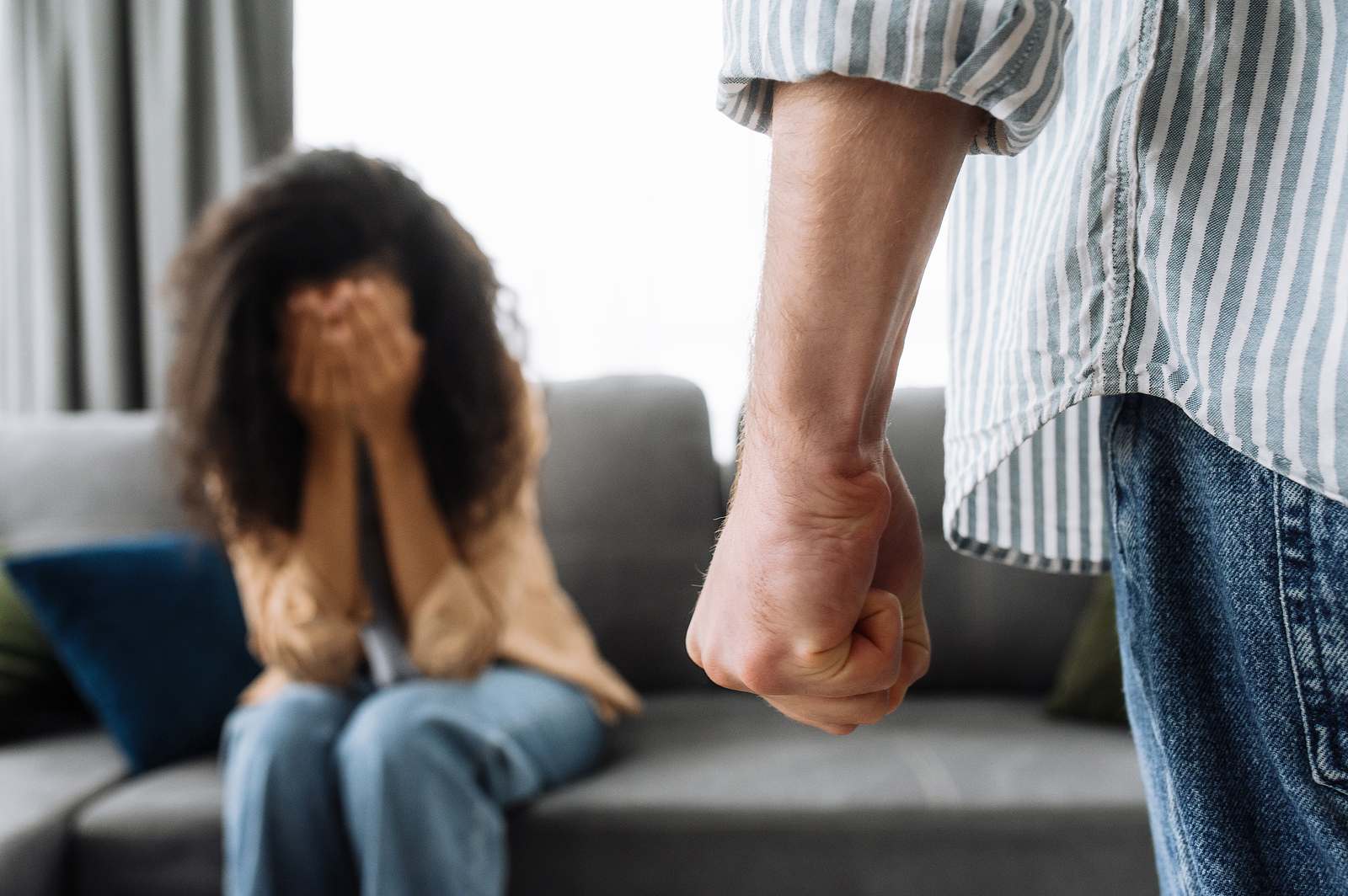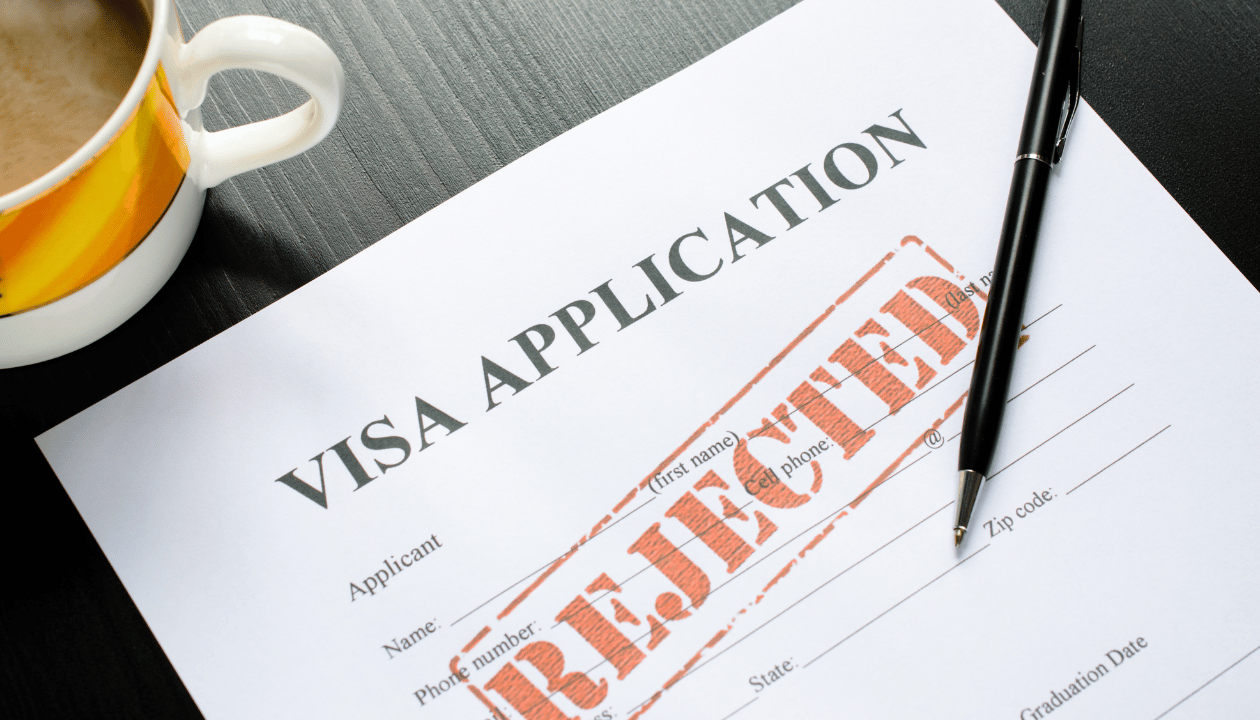No one chooses to be a victim. Yet every day, immigrants across the U.S. are targeted, trapped in silence by fear, legal uncertainty, or threats of deportation. Survivors of human trafficking, assault, and other violent crimes often face impossible choices: stay silent or risk everything to come forward.
The U Visa exists to change that.
Created to protect victims of serious crimes, the U Visa offers a path toward legal protection, work authorization, and a chance at permanent residency. But applying is not simple. It requires courage, accurate documentation, and a strong understanding of immigration protections.
At The Chidolue Law Firm, we work with survivors, helping them move forward with dignity and strength. If you’ve experienced abuse and cooperated with law enforcement, the U Visa may offer the relief you need.
What Is a U Visa and Who Qualifies?
A U Visa is a form of humanitarian protection designed to support individuals who have been victims of serious crimes in the United States. It allows eligible applicants to stay legally in the country for a specified period, providing them with temporary status and, eventually, the possibility of obtaining a Green Card (permanent resident status).
The U Visa’s main purpose is to offer protection to victims of crime, ensuring they can assist law enforcement without fearing deportation, especially for those who are in the U.S. without legal status.
To qualify for a U Visa, applicants must meet the following key requirements:
- Victim of a Qualifying Crime: The individual must have been the victim of a serious crime that is listed as eligible for the U Visa, such as domestic violence, kidnapping, sexual assault, or trafficking. This also includes crimes such as witness tampering, stalking, and manslaughter, among others.
- Suffering Substantial Physical or Mental Abuse: The applicant must have experienced significant harm—either physical or emotional—as a result of the crime. This can include lasting trauma, injuries, or psychological distress caused by the crime.
- Assistance or Willingness to Assist Law Enforcement: The applicant must provide helpful information to law enforcement, or be willing to assist in the investigation or prosecution of the crime. This cooperation is essential in ensuring the case is handled appropriately and safely.
What makes the U Visa unique is its commitment to protecting victims of crime, particularly those who may be vulnerable due to their immigration status.
Unlike many other legal processes, the U Visa focuses on offering protection and support to those who help law enforcement, ensuring they can live in the U.S. without fear of retaliation or deportation.
This process helps law enforcement address crimes that may otherwise go unreported, making it a crucial tool in maintaining safety and justice in the community.
If you’re unsure about your eligibility, it’s essential to seek guidance from professionals who understand immigration law and the complexity of survivor-based petitions.
How the U Visa Protects Immigrants
The U Visa is more than just permission to stay in the U.S.—it offers protection and long-term immigration benefits for survivors who step forward.
Once approved, U Visa holders receive work authorization to rebuild their lives with stability and independence. They also gain temporary legal status for up to four years, which can be extended or adjusted later.
After three years of continuous presence in the U.S. under U Visa status, qualified applicants may apply for permanent residence—a significant step toward safety and long-term security.
Importantly, U Visas also protect certain family members. Depending on your case, your spouse, children, and even parents (if the principal applicant is under 21) may be eligible for derivative visas.
For many, the U Visa is a chance to live without fear, work without risk, and begin again with dignity. However, the process requires careful preparation, credible documentation, and the right legal support.
Common Challenges in the U Visa Application Process
Applying for a U Visa is not just a matter of filling out a form. Survivors are often asked to revisit painful experiences and provide proof of trauma, cooperation, and ongoing risk—all while navigating a system that can feel cold and complex.
One major challenge is securing the required certification from a law enforcement agency. This document confirms that the applicant was helpful during the investigation or prosecution. Without it, USCIS would not have accepted the petition.
Applicants must also submit evidence of physical or emotional harm, which may include police reports, medical evaluations, or therapy records. Each piece must clearly show how the crime impacted the victim’s life.
In many cases, an immigration officer will scrutinize the story’s timeline, documentation, and consistency, looking for any discrepancies. If anything appears unclear or incomplete, the petition could be delayed or denied.
The process is overwhelming for many survivors, especially those dealing with the lasting effects of trauma. That’s why having legal support is not just helpful—it’s essential.
How a U Visa Differs from Other Humanitarian Petitions
Many survivors assume all immigration protections are the same, but the U Visa has some crucial distinctions compared to other relief options like asylum or VAWA.
One of the key differences is the focus on the victim’s role in supporting law enforcement. The U Visa specifically requires that survivors of abuse or violent crimes assist authorities. This makes it both a humanitarian and law enforcement tool.
Another unique aspect is its flexibility. U Visa applicants may qualify even with prior immigration violations or criminal records, provided they request a waiver and present the proper supporting documents. This is especially important for those whose status might otherwise disqualify them under traditional immigration pathways.
Unlike humanitarian applications that require a close family relationship to a U.S. citizen or permanent resident, the U Visa is open to any qualifying survivor, regardless of family ties.
Each case is different, and understanding these distinctions helps survivors apply under the option that best fits their situation.
Why Legal Representation Makes a Difference
Building a strong U Visa case means more than sharing your story. It means knowing how to prepare your petition, organize and submit your evidence, and respond if it is delayed or questioned.
Every step—from initial forms to final approval—matters. A missing document, a vague statement, or an incomplete application can result in severe delays or rejection. Every survivor deserves support from someone who understands how USCIS officers review these cases.
An immigration attorney will help you collect the proper documents, request a waiver, and present your case. This includes medical reports, law enforcement certification, and personal statements that meet immigration requirements without retraumatizing the survivor.
At The Chidolue Law Firm, we work compassionately and precisely because your case is not just a file. It’s your future.
Let Us Help You Take the Next Step
If you’ve experienced abuse, exploitation, or violent crime, you don’t have to face the immigration system alone. Applying for a U Visa is a decisive step, but it should also be taken with guidance and care.
At The Chidolue Law Firm, we support survivors through every part of the process. From gathering credible evidence to preparing your petition for USCIS, our team is here to help you move forward with strength and dignity.
📞 Call us today for compassionate legal support:
➡ 407-995-6567
➡ 678-325-1037
💬 Reach us via WhatsApp:
➡ 404-333-8751
You deserve protection. You deserve peace. Let’s take this step together.



